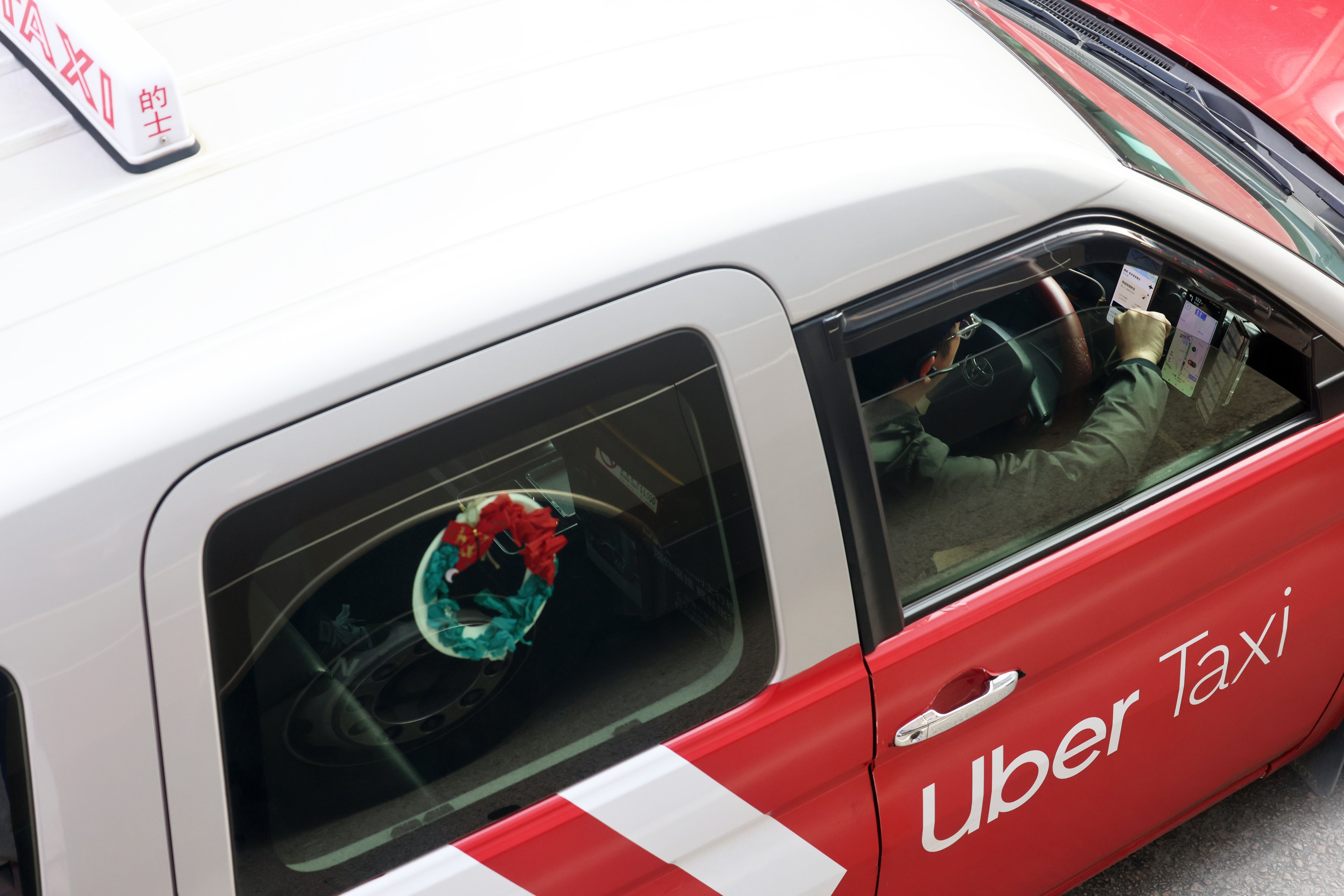This week marks the third anniversary of John Lee Ka-chiu taking up the office of chief executive, with just two years to go in the current term. I wonder if we are getting close to a sensible resolution of Hong Kong’s taxi/hired car situation. Though I am an optimist, on the basis of past form, I find it difficult to be confident.
After all, 2025 also marks the 11th anniversary of Uber setting up in Hong Kong. Yet here we are – two Hong Kong chief executives have come and gone, and a company known around the world for offering a quality transport service still operates here in a legal grey area without a proper regulatory framework. Meanwhile, it and other ride-hailing companies operate smoothly around the world, including in all our competitor cities in the region.
But let’s start with the taxi situation. I am not going to join the chorus of complaints about poor service, overcharging, dangerous driving and geriatric drivers for two reasons. First, these have been well aired and there are mechanisms for addressing them, albeit of doubtful efficacy.
And secondly because I have always received reasonable service. Possibly because of my crewcut hairstyle and use of Cantonese in giving directions, the drivers assume I might be a retired police officer and are worried I could still have friends in the force.
But I take the basic point that, a quarter of the way through the 21st century, the vast majority of our taxis still require payment in cash. We say we are going all out to attract tourists from around the world but our marketing material advises visitors to bring cash if they plan to take a taxi.
I know that starting next January, all cabs must have installed equipment for accepting payment by card. But why has it taken so long? And what assurance do we have that passengers will not be hearing the Cantonese equivalent of: “Sorry gov, the machine’s on the blink, is it OK if we just settle this one in cash?”
Part of the problem of dealing with the taxi service arises from the different interests at play. Most owners of taxi licences are basically investors who just want to maximise the return on the money they spent to acquire the licence and buy the vehicle. Most drivers rent the vehicle for a day or a shift and work on a cash basis. But there are also some owner-drivers who work a shift, then rent out their vehicles for the rest of the day.
At one time, this was a recognised way for an ordinary person to become a mini-capitalist: borrow from the local chit fund to buy a licence, work like a demon to pay off the loan, then make a reasonable living. When you retire, just sell the licence and that’s your pension. My brother-in-law followed this route and now enjoys a comfortable retirement.
But somewhere along the way, the trade in taxi licences became a speculative business. The price of a licence reached the astronomical level of HK$7 million, which could not be supported by income from operating a taxi. Changes in the market have reportedly reduced this sum to about HK$2 million (US$254,700).
Licence owners who bought in at the top of the market have definitely lost out. They resist any change that might further reduce the value of the licence. Somehow, they have managed to convince some drivers that their interests are aligned, which makes any proposed changes potentially controversial. This is despite anecdotal evidence that drivers who join up with Uber increase their income.
For whatever reason, successive Hong Kong administrations have pursued what can only be described as an ABU policy – Anything but Uber. Who remembers the government’s luxury taxi franchise proposal under then transport secretary Frank Chan Fan? It was shot down in the Legislative Council. Then a demerit system was introduced to curb bad behaviour by taxi drivers.
That is not enough, so we now have the premium taxi fleet plan where five companies are in the process of bringing 3,500 vehicles into operation. As I have pointed out before, all these taxis are cannibalised from the existing fleet, so there is no actual increase in taxis.
The administration has indicated it will bring forward a paper in the second half of this year setting out a road map for ride-hailing services. Meanwhile, private drivers continue to face the threat of enforcement action. It is important to realise these are not violent criminals, just honest working people trying to make a living in tough times. But taxi associations demand tougher measures.
The paper will be an opportunity to bring Uber and similar operations firmly into the big tent of the authorised transport family. Other places have managed this without difficulty. Unfortunately, it will also be the opportunity for another policy fudge. Perhaps it will be deemed too early to assess the merits of the premium taxi service and a further period should be allowed for the experience to bed down and show what it can do – the script practically writes itself.
Some might say I am getting cynical in my old age and should have more confidence. But after a decade of disappointments, that is a struggle. I really would be delighted to be surprised on the upside.
